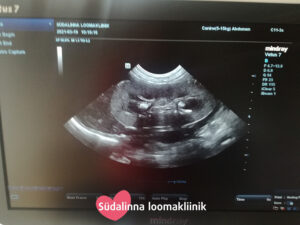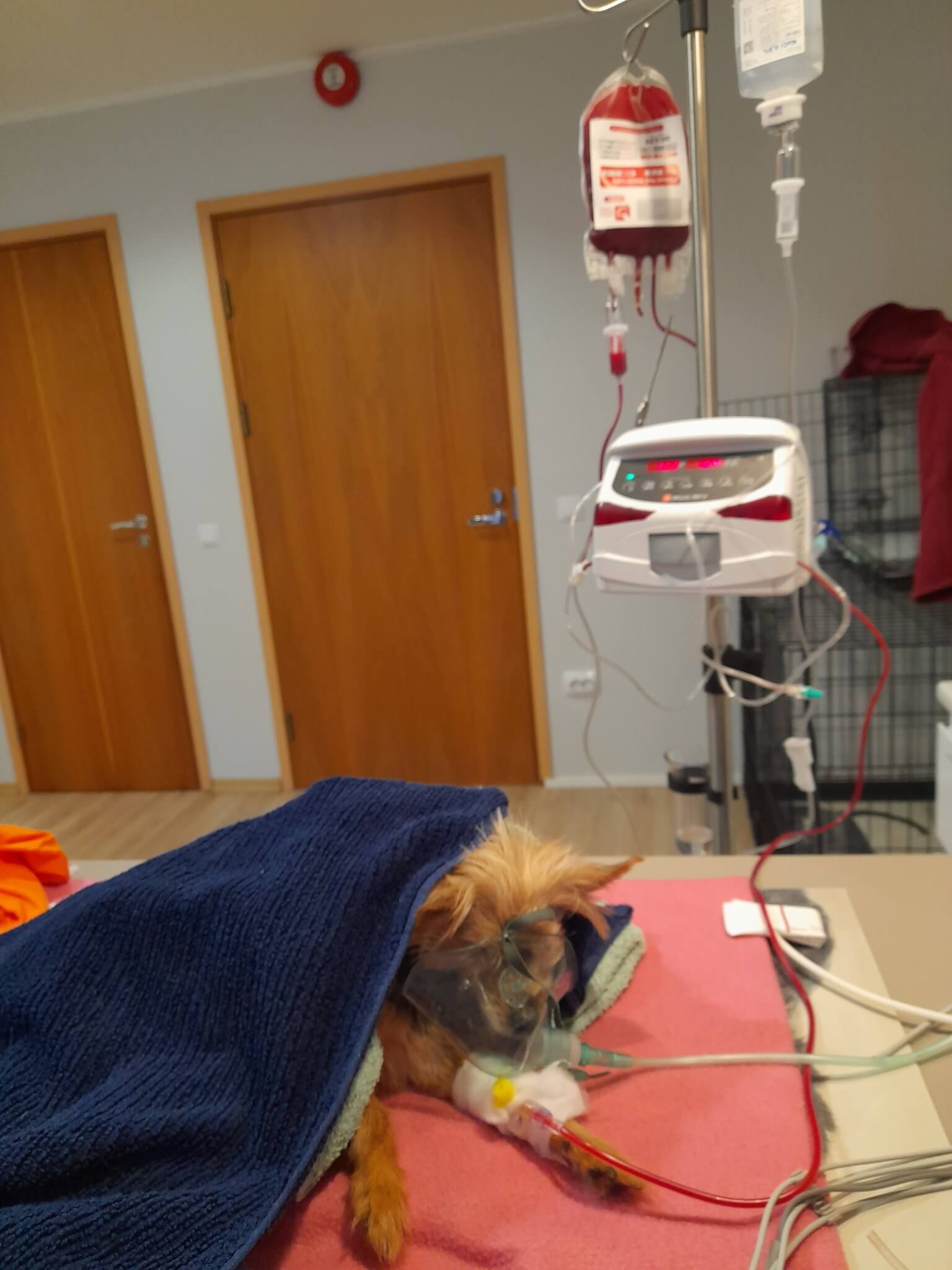If your animal has been diagnosed with kidney disease, what does it mean?
The kidneys are responsible for removing waste products from the body, maintaining water and electrolyte balance and producing various hormones. The kidneys play a major role in blood pressure function as well as red blood cell production.
Kidney failure is divided into two types: acute and chronic. The acute form occurs within a few days and can be a reversible process. In chronic kidney failure, the problem is long-standing and not reversible. In the case of chronic kidney failure, the animal no longer fully recovers. The disease is progressive.
In the case of chronic kidney failure, it is difficult to identify the underlying cause of the disease, as the disease is usually well advanced by the time it reaches diagnosis. Acute kidney failure can be caused by poisoning, infectious diseases such as leptospirosis, various internal diseases, etc.
In animals with kidney disease, it is important to detect and recognise the disease as early as possible in order to slow or stop the progression of the disease.
How can I tell if my animal might have kidney disease?
Symptoms may be absent in cases of acute kidney failure. As the body accumulates solids, nausea, vomiting, apathy, sluggishness, urine excretion may decrease initially and may stop completely.
There are usually no symptoms in the early stages of chronic kidney failure. Apathy, lethargy, vomiting, diarrhoea may occur. More severe accumulation of residues leads to complaints in the body from various organ systems. Apathy, sluggishness, loss of appetite, skin problems, swelling in different parts of the body, weight loss. Central nervous system disorders, seizures and movement disorders may also occur. Fluid can build up in the lungs, causing breathing difficulties, pulmonary edema and an increased risk of pneumonia.
Important changes that accompany impaired kidney function are anaemia and high blood pressure. Anaemia is caused by the inability of the kidneys to produce the hormone erythropoietin, which is responsible for the production of red blood cells. Anaemia, in turn, exacerbates weakness, fatigue and loss of appetite.
In the final stage, ulcers develop in the oral cavity.
In animals, one of the important signs is increased drinking and urination. If you notice this in your animal, it’s wise to see a doctor immediately.
Increased drinking and urination are generally due to the inability of the damaged kidneys to produce concentrated urine.
How to diagnose?
Diagnosis of kidney failure is confirmed by blood and urine tests, and ultrasound and X-rays are also useful.
In kidney disease, red blood cell and platelet counts may be decreased, while white blood cell, urea, creatinine, phosphorus levels may be increased. Electrolyte values have also changed, and the acid-base balance may be out of place. Changes in the amount and composition of urine excreted. An ultrasound scan may show tiny kidneys with an uneven surface, thinning of the underlying tissue, cysts, enlarged kidney veins, stones.
How to treat?
Pets are treated with diet, fluid therapy and symptomatic treatment.
In the case of kidney disease, the amount of protein in the animal’s diet should be limited. Protein by-products are excreted by the kidneys and if kidney function is impaired, residues of protein metabolism remain in the body. It is also necessary to limit phosphorus and fat in the diet, and to increase omega fatty acids.
Compensating for fluid deficiency is important. If there is a lack of fluid in the body, kidney function is further reduced and kidney failure worsens.
Haemodialysis, which removes waste products from the blood, plays an important role in the treatment of acute kidney failure.
Kidney transplants are also becoming more common in animal populations. There are currently no kidney transplants in Estonia.
What next?
The prognosis depends on age and how the underlying disease, the deformity of the spine and damage to other organs are overcome. If the underlying disease is successfully eradicated, there is no extensive destruction of kidney tissue and dialysis treatment can be applied in the acute renal failure phase, the prognosis is favourable.
In the case of extensive permanent damage to the kidney lining, the process is irreversible and progressive and the prognosis is cautious to very poor.
What matters?
Regular veterinary check-ups are essential to prolong the life of a kidney patient. Routine blood tests are recommended once a year for older pets. This makes it possible to detect diseases at an early stage, which significantly improves prognosis.






